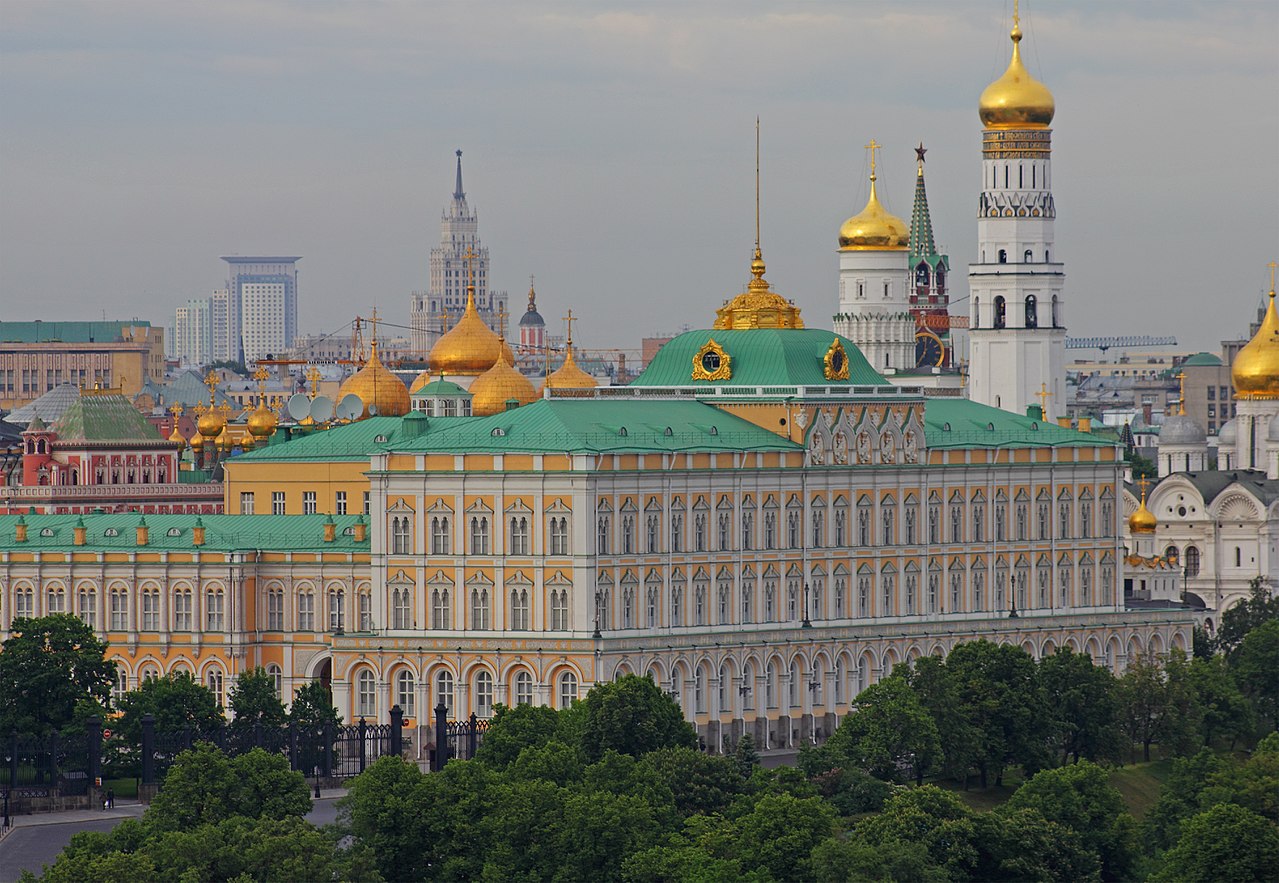Views expressed in opinion columns are the author’s own.
The University of Maryland’s faculty is adding to the growing body of research and journalism dedicated to examining Russian interference in U.S. elections. As The Diamondback reported Tuesday, journalism professor Sarah Oates has been working on a project to study disinformation used by Russia to influence U.S. elections.
While the information that has come out about Russia’s meddling is alarming, it’s often delivered without the context to fully understand it. The U.S. has been interfering in foreign elections, including Russia’s, for decades. Those who conduct and report on research about Russia’s efforts should make sure to include this information, lest it seem like Russia’s is the first government to undermine other states’ sovereignty.
In 1996, Russian President Boris Yeltsin was running for a second term, and the Clinton administration took it upon themselves to get him re-elected. Rather than disinformation campaigns, the U.S. government directly interfered by offering political and financial support for Yeltsin.
American political advisers went to Russia with the sole purpose of getting Yeltsin re-elected. Moreover, the U.S. helped Russia acquire a suspect $10.2 billion loan from the IMF. Some of the money went toward financing Yeltsin’s campaign and some of it went to placating ordinary Russian citizens ahead of the election, with the hope that checks from the government would make them more likely to vote for the incumbent.
There were widespread claims of voter fraud as well. In Chechnya, for example, about one million people voted, despite a population estimated at 500,000. Not surprisingly, Yeltsin won the overwhelming majority of these votes. Considering the extensive involvement of American officials in Yeltsin’s campaign, the fraud was most likely sanctioned — if not orchestrated — by the United States.
American interference in democracies abroad isn’t limited to Russia. Throughout the Cold War and continuing today, the U.S. has undermined the democratic processes of countries such as Guatemala and Chile by organizing or backing coups to oust democratically elected leaders, in favor of dictators who are loyal to American interests.
Another example of U.S. meddling is Nicaragua. In 1990, the CIA, aiming for regime change, strategically planted dubious information in the media about corruption in the nation’s leftist Sandinista government. If Russia is currently trying to imitate this effort, they are doing an excellent job.
According to one political scientist, the U.S. attempted to influence foreign elections 81 times between 1946 and 2000. This doesn’t even include military interventions, which the U.S. has a penchant for. Rather, these are often covert efforts to affect elections.
In justifying this involvement in foreign elections, supporters often say that the ends justify the means. But the U.S. is more concerned with protecting its business and political interests abroad than with cultivating democracy, as evidenced by the willingness to undermine the integrity of elections in favor of pro-American leaders.
Americans should certainly know about a foreign government’s attempts to influence their elections, but they should also know that their own government is guilty of far worse. Regarding her reasons for conducting research on Russian disinformation, Oates is quoted as saying “know your enemy.” This saying is derived from The Art of War — which reads, “know your enemies and know yourself.”
Zachary Jablow is a sophomore economics and government and politics major. He can be reached at zachjablow@gmail.com.



